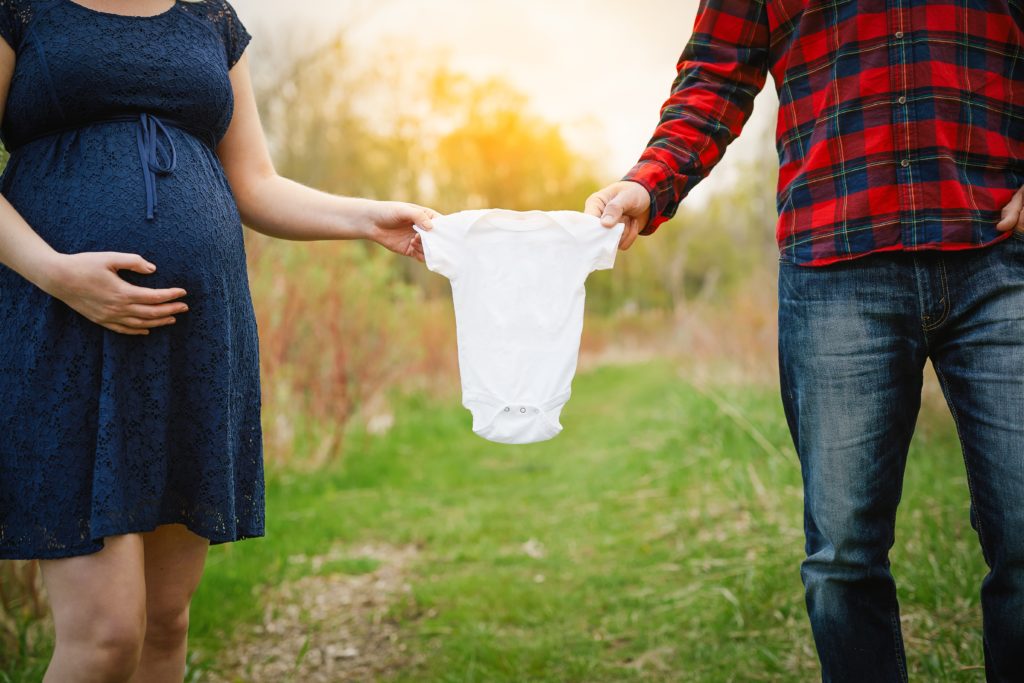Understanding Female Infertility: Causes, Risks, and Treatment Options
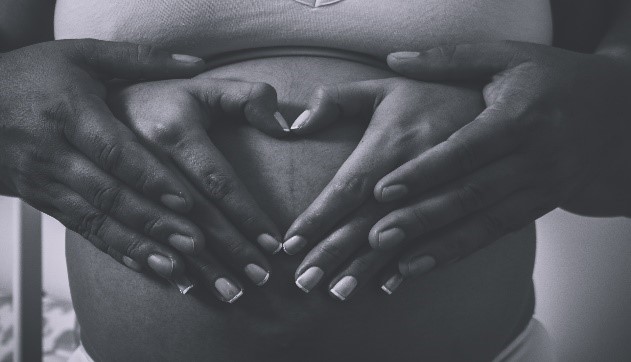
Female infertility is a complex and challenging condition that can significantly impact a woman’s dream of becoming a mother. This condition occurs when a woman is unable to conceive and carry a successful pregnancy to term.
In this comprehensive guide, we delve into the depth of infertility in elderly women exploring its causes, risk factors, diagnostic tests, treatment options, and more.
The desire to get pregnant and have a baby of their own is natural in all women. It is frustrating to undergo infertility treatments, especially for women. The physical pain and emotional trauma of not getting the desired result can be depressing to many women.
Infertility can be attributed to both male and female partners equally. However, females do have more reproductive issues, owing to the complex anatomy of the reproductive system. Although infertility-related issues can come at any time, these get more frequent and complicated with age.
Getting pregnant both naturally and with IVF becomes more complicated with age. Fertility in women drops drastically after 40 years of age.
Get in touch for FREE SURROGACY CONSULTING:
Mobile: +91-8800481100 ( WhatsApp, Line, Viber)
Email: neelam@ivfconceptions.com
What is Female Infertility Means?
Infertility is a distressing medical condition that shrouds the path to parenthood in uncertainty. It’s diagnosed when a woman is unable to conceive despite actively trying for at least 12 months through unprotected intercourse. This intricate process can be influenced by an array of factors, encompassing medical conditions, lifestyle choices, and age.
Infertility and Ageing
The Role of Age: Navigating Fertility Across the Lifespan
A paramount aspect influencing female infertility is age. As the years advance, a woman’s fertility declines, resulting in a reduced chance of successful conception.
This phenomenon can be attributed to factors such as diminishing egg quantity, compromised egg quality, and increased chances of chromosomal abnormalities.
Women over the age of 35 face a higher risk of fertility challenges due to these age-related changes.
- Young women have more eggs and fertility. In the female, fertility declines rapidly after the age of 35. For women over 42 years have only a 5% chance of having a baby without fertility treatment. Women over 45 years have a 1% chance of having a healthy baby.
- Besides this, with age, there are more chances of miscarriage due to chromosome issues in the developing fetus. With age, gametes mutation is common both in males and females.
- For a male partner, it is still possible to have quality sperm at the age of 50. However, for a female partner, the wear and tear are more common, and the onset of infertility is earlier than in men.
- At the time of birth, a woman is born with all the eggs she will ever have in her lifetime. But with age, the eggs or ovum start developing abnormal chromosomes. These gene mutations cause miscarriage among older women. A 40-year-old woman has a 50% chance of having a miscarriage owing to such a genetic mutation.
- For women, the most natural time to get pregnant is before the age of 30. With age, they find it difficult to get pregnant.
Treatment Options Explored for elderly women
The realm of female infertility treatment is expansive, offering hope to women longing to embrace motherhood. Treatment strategies are contingent on the root cause of infertility. Surgical interventions can rectify structural anomalies like polyps and fibroids, paving the way for a successful conception journey.
Hormonal medications step in to address ovulation irregularities, while advanced techniques like in vitro fertilization (IVF) hold the promise of creating embryos in a controlled environment before implantation.
Related surrogacy Costs guides:
What is the average surrogacy cost?
How much does surrogacy cost in Ukraine?
How much does surrogacy cost in Georgia?
How much does surrogacy cost in India?
What is the Surrogacy Cost in Colombia?
What is Surrogacy cost in Mexico?
What is surrogacy cost with family members?
 How to boost fertility with age?
How to boost fertility with age?
So, what is the perfect woman’s fertility age? Well, the young the better. Besides age, diet, and lifestyle play a significant role in the fertility of both males and females.
The body and mind of both couples need to be in sound condition to enhance the success of any infertility treatment.
- If a couple is trying to conceive, even at a relatively young age, and does not pay enough attention to their lifestyle, nutrition intake, and overall general health, it can contribute to a higher rate of infertility.
- Keeping a calm, relaxed, and stress-free mind is essential for conceiving a healthy child.
- Avoid smoking and drinking alcohol to have the best possible chance of success.
- Seek the help of the best Fertility specialist and look out for options like IVF with an egg donor. In some cases, your doctor can advise you to opt for a surrogacy process, if there is a risk for you to carry the baby to full term.
Fertility and nutrition diet
Most infertility cases in women occur due to ovulation disorders. A wholesome diet and lifestyle alteration make it easy to conceive.
That is why fertility specialists highly recommend the appropriate diet for adequate ovulation and the overall health of female partners. A balanced and controlled diet comprises all necessary enriched food ingredients such as protein, vitamins, minerals, zinc, and antioxidants, that can boost fertility.
Apart from this, green vegetables, cereals, eggs, milk, and citrus fruits should be included in your diet.
Maintaining a healthy weight-height ratio, regular workouts, and regular health check-ups are recommended.
Female fertility age chart
The chances of getting pregnant by age chart are given below. Although each woman is different and her individual success rate varies, these values are general.
The chances of a woman getting pregnant each month are as follows:
· At age 20, a healthy woman has approximately a 25% chance of getting pregnant each month
· At age 30, a healthy woman has approximately a 20% chance of getting pregnant each month
· At age 35, a healthy woman has approximately a 15% chance of getting pregnant each month
· At age 40, a healthy woman has approximately a 5% chance of getting pregnant each month
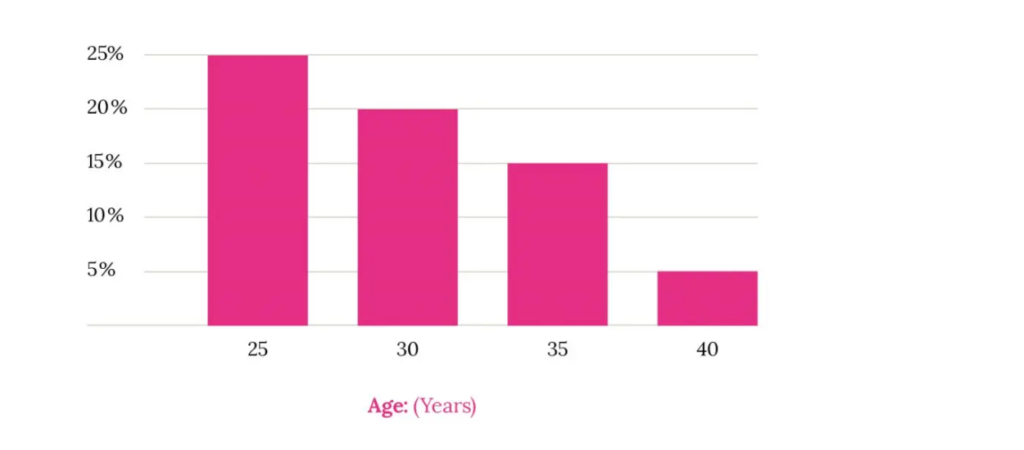
Read more about Infertility in elderly women:
At what age does a woman stop being fertile?
What is the right age to get pregnant?
Conclusion
In conclusion, female infertility is a multi-faceted condition that demands a comprehensive approach to diagnosis, treatment, and management. By understanding its intricacies, seeking timely intervention, and fostering a proactive mindset, individuals can empower themselves on their quest toward parenthood.
A couple with a higher age group can still enjoy parenthood with the right medical help. You need to discuss your alternative option with the doctor. For a female of higher age, one of the best and most effective options is taking the help of an egg donor to do IVF.
Choose an egg donor who is young and healthy to do IVF with her eggs. This increases the chances of success of having a pregnancy. There are numerous Assisted Reproductive Techniques (ART) available and you need to choose the best one for you.
If you’d like to learn more about IVF, Egg Donation, or surrogacy services globally, check out the rest of our website: IVF Conceptions. We offer legally secure and affordable surrogacy consulting services for FREE.
Get in touch for FREE SURROGACY CONSULTING:
Mobile: +91-8800481100 ( WhatsApp, Line, Viber)
Email: neelam@ivfconceptions.com

FAQs Infertility In Elderly Women
What causes infertility in elderly women?
Infertility in elderly women can be attributed to several factors, including a decrease in egg quantity and quality due to aging, hormonal imbalances, and underlying health conditions such as polycystic ovary syndrome (PCOS) or uterine fibroids.
Additionally, a decline in the uterine environment’s receptivity and changes in cervical mucus can also contribute to infertility.
Is pregnancy possible after menopause?
While natural conception after menopause is extremely rare due to the cessation of ovulation, assisted reproductive technologies (ART) like in vitro fertilization (IVF) can offer a possibility for pregnancy.
Donor eggs from younger women are often used, as the woman’s eggs are no longer viable after menopause.
What are the risks of late-in-life pregnancies?
Late-in-life pregnancies, often associated with women over 35, carry increased risks such as gestational diabetes, high blood pressure, preterm birth, and chromosomal abnormalities like Down syndrome.
Advanced maternal age can also impact the mother’s health during pregnancy and delivery.
Can medical treatments help older women conceive?
Yes, medical treatments such as assisted reproductive technologies (ART), including IVF, can aid older women in conceiving. However, success rates decrease with age due to the quality of eggs.
Consulting a fertility specialist is crucial to understanding the best options based on individual circumstances.
Are there natural remedies for age-related infertility?
While no guaranteed natural remedies exist, maintaining a healthy lifestyle through a balanced diet, regular exercise, stress reduction, and avoiding harmful substances like tobacco and excessive alcohol can promote overall reproductive health.
However, for women with age-related infertility, medical interventions are often more effective.

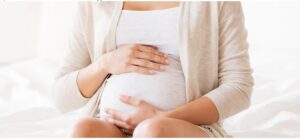
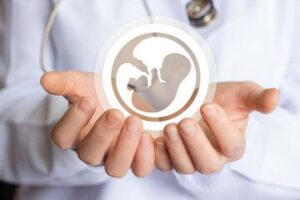 How to boost fertility with age?
How to boost fertility with age?